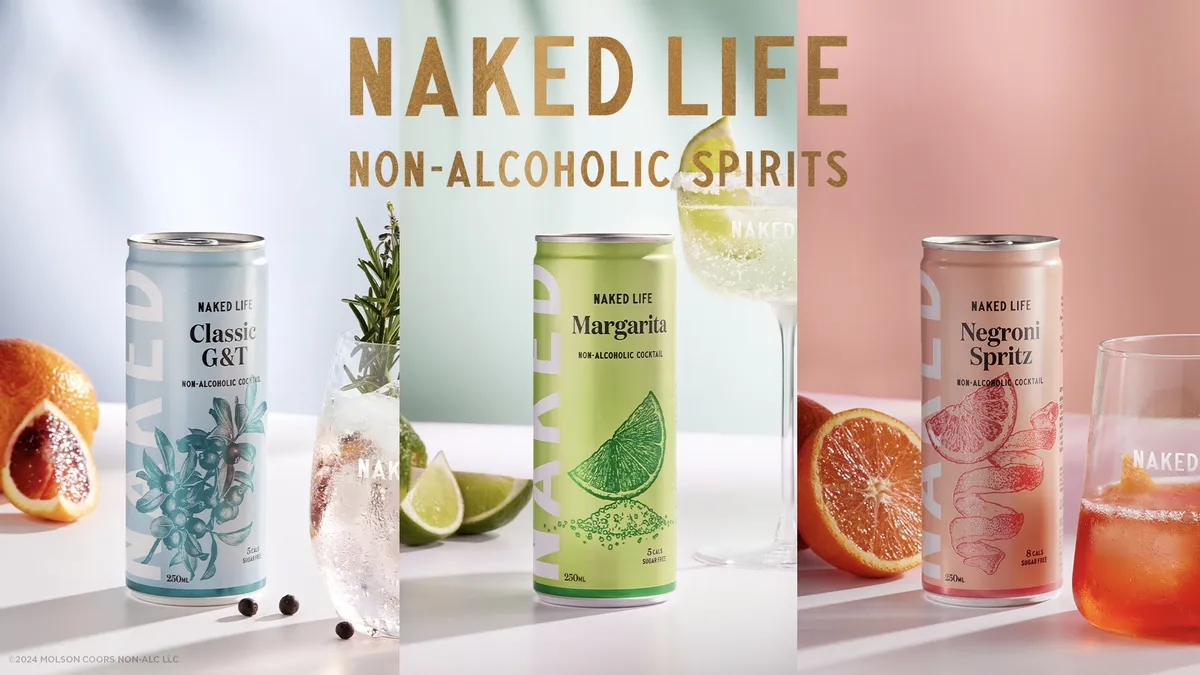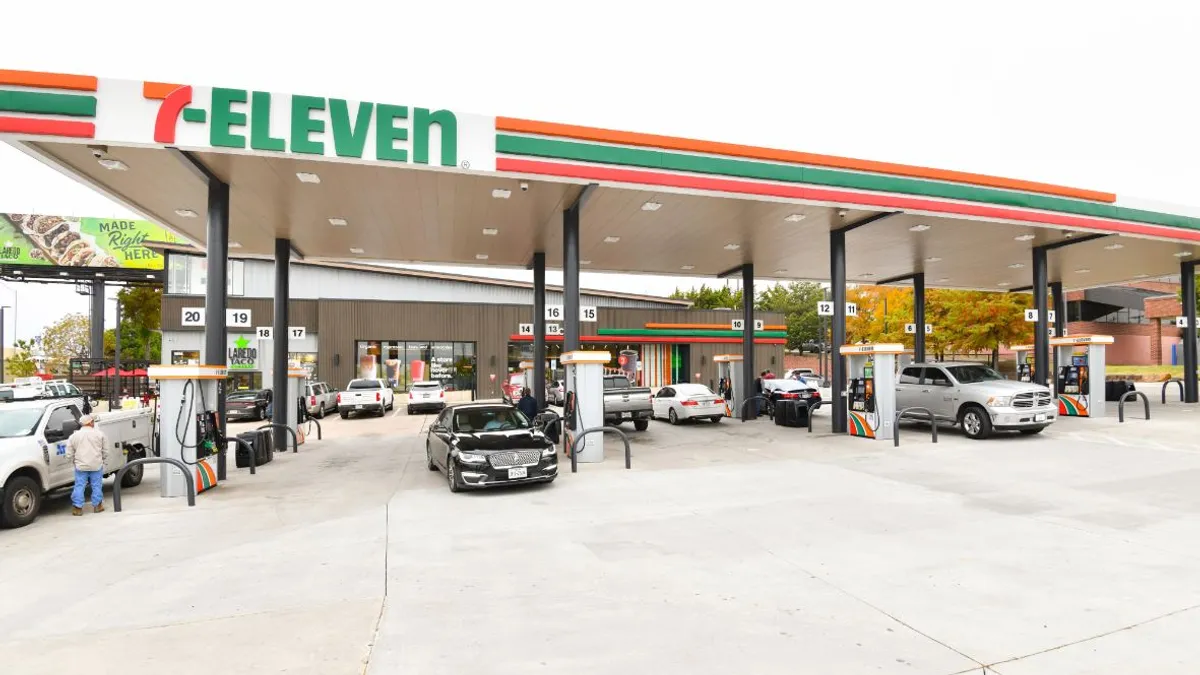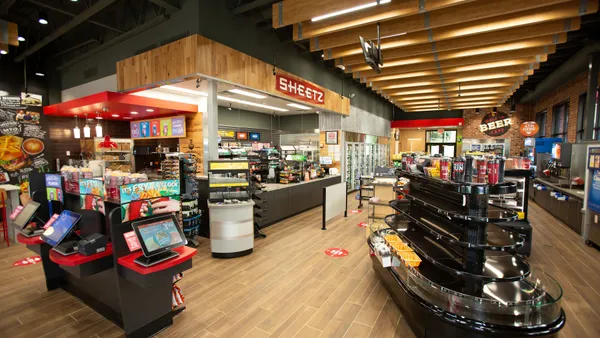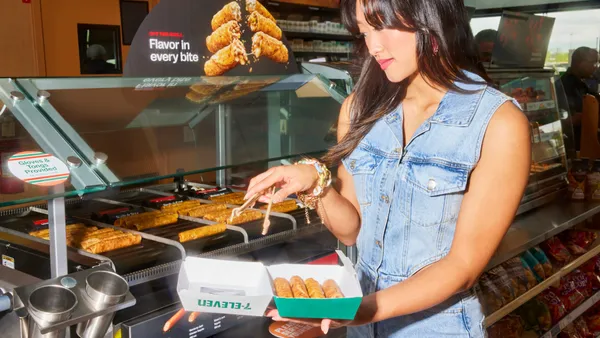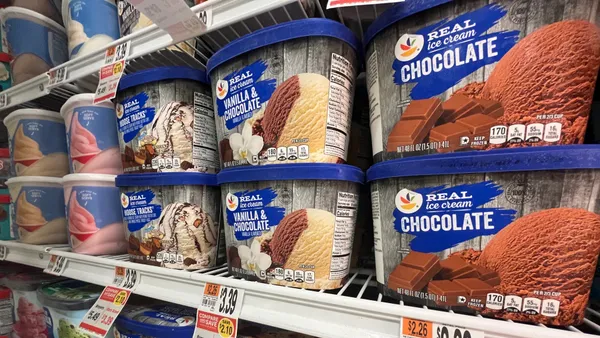Molson Coors is making a play for the “mocktail” craze with the help of a trendy brand from down under.
The beer giant announced a strategic partnership with Naked Life, which sells nonalcoholic canned cocktails in Australia. It plans to bring the drinks to the U.S. market in March.
Naked Life touts its better-for-you attributes compared to other cocktail products. Its booze-free drinks contain 10 calories per can as well as botanicals and natural sweeteners. Molson Coors will distribute five of its sparkling nonalcoholic cocktails: Mojito, Negroni Spritz, Gin and Tonic, Cosmo and Margarita.
“Consumers want more than just an alternative. They want a sophisticated, great-tasting option that aligns with their lifestyle,” Kevin Nitz, the vice president of nonalcoholic beverages at Molson Coors, said in a statement. “Naked Life provides a high-quality non-alc cocktail, delivering an experience of the best alc based versions.”
The brewer said Naked Life is the best-selling nonalcoholic cocktail in its native Australia.
Molson Coors indicated the move is a part of its years-long “Beyond Beer” plan to premiumize its portfolio under CEO Gavin Hattersley with higher-quality brands across the beverage landscape.
The Naked Life move also comes amid sluggish demand for the drink it is best known for: beer. During its most recent quarterly earnings call in August, the maker of Blue Moon and Coors Light reported a 1.5% year-over-year decline in net sales revenue and a 7.3% decline in brand volumes. On the call, Hattersley teased the launch of a nonalcoholic beer product soon.
Earlier this year, Molson Coors debuted the Gen Z-targeted Happy Thursday, a line of ready-to-drink spiked refresher cocktails that do not contain carbonation.
The nonalcoholic space has grown rapidly, especially with Gen Z consumers imbibing less than previous generations.
Brands such as Mingle Mocktails, Free AF and Ghia’s Le Spritz are some of the products carving out a niche in zero-proof drinks. The mocktail market was valued at $8.2 billion last year and is projected to grow at a compound annual growth rate of 5.7% by 2030, according to Grand View Research.



